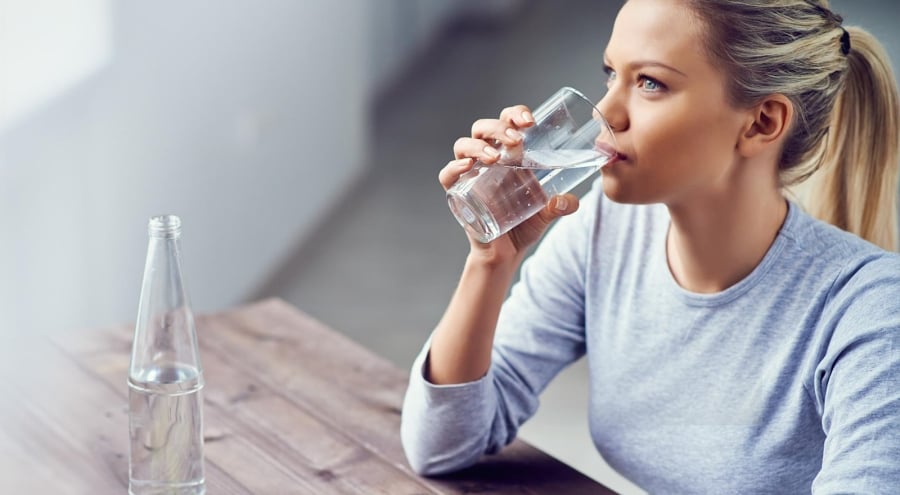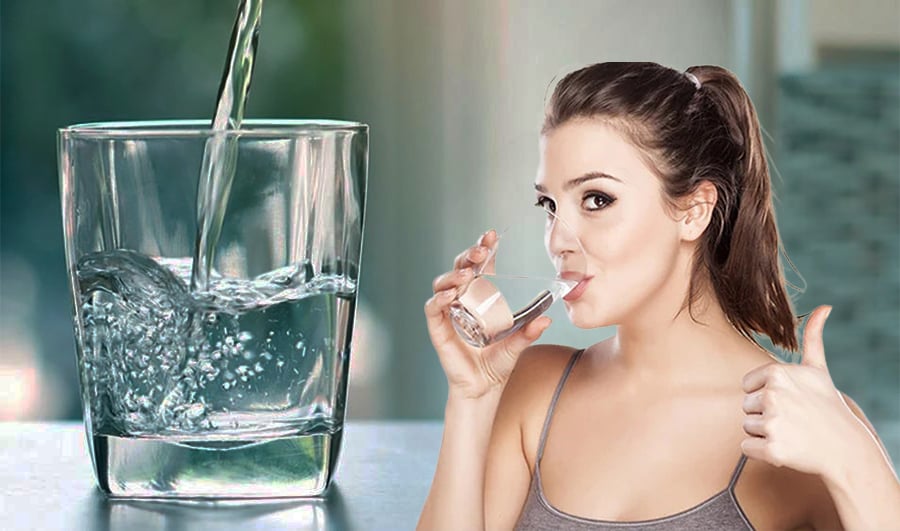## Drinking Water: Common Mistakes and How to Avoid Them
Overhydrating in a Short Period
While it’s common to believe that consuming large amounts of water in a short time will “make up” for dehydration, it can put strain on the kidneys and disrupt the body’s electrolyte balance, leading to a condition called “water intoxication.”
Instead of chugging, spread your water intake throughout the day. It’s recommended that adults consume on average 1.5-2 liters of water daily (depending on weight, physical activity, and climate). Aim for smaller portions of 200-300ml at a time.
Drinking Water Only When Thirsty
Thirst is a sign that your body is already dehydrated. If you only drink water when you’re thirsty, you may not be providing enough hydration to optimally support your body’s functions.
Develop a habit of drinking water regularly, even when you don’t feel thirsty. Set reminders or carry a water bottle to make frequent hydration easier. Check your urine color: if it’s light yellow, your body is well-hydrated.

Drinking Cold Water Right After Exercise
Consuming cold water immediately after intense exercise can cause thermal shock to the body, leading to stomach cramps and digestive issues.
Opt for room-temperature or slightly cool water after working out. Drink slowly and in small sips to aid better absorption.
Relying on Sugary Drinks Instead of Water
Sugary drinks, including sodas, sweet teas, and juices, are often loaded with calories, additives, and excessive amounts of sugar, which can contribute to weight gain, tooth decay, and other health issues.
Limit your consumption of these drinks and prioritize water or unsweetened herbal teas. For a change of taste, infuse your water with slices of lemon, cucumber, or mint leaves for a natural flavor boost.

Overdrinking Water During Meals
Drinking excessive water during meals can dilute digestive juices, hindering the digestion process and leading to discomfort or bloating.
Limit your water intake during meals to a small amount (around 100-150ml). Drink water 30 minutes before or after a meal to support better digestion.
Conclusion
Drinking water correctly is a simple yet impactful habit for your health. By avoiding these mistakes and implementing the suggested fixes, you can maintain a healthy, energized body. Listen to your body and adopt a scientific approach to hydration starting today!



































